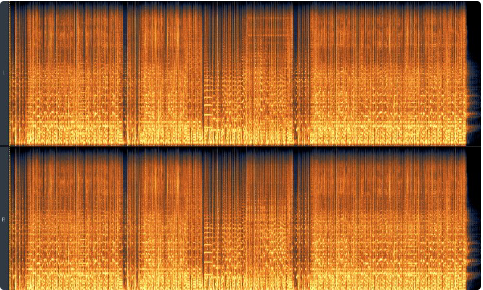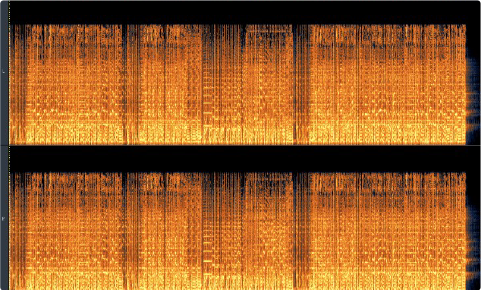Most likely, your music might eventually be streamed in some form of lossy format, but mastering from high resolution audio will always yield the highest quality of audio for your release. It’s important to note that streaming services such as Apple Music insist on 24 bit files, so they can re-encode your music from your high resolution files as they continually update their streaming codecs. It’s also important to be aware that in this day and age, many record labels & digital distributors are providing fans with the option to download HD (hi-definition) music, so with this in mind, providing 24 bit WAV files at the mastering stage would be an absolute minimum to aim for.
Even though this might seem logical, it’s an absolute ‘must’ to bring the full resolution wav file to mastering. Mp3s are simply not a professional nor desirable format to master from. MP3s use ‘lossy’ compression, which removes some audio data to reduce file size. This process introduces artefacts and simply degrades the sound quality. The mastering engineer can’t recover the lost data, leading to a compromised final master.
To highlight this issue further, the following are 2 spectral views of the same waveform. A Spectrogram is like a 3D representation of audio. The image below shows a full resolution, 24 bit wav file. We can see the wav file has information extending all the way to the top of the spectrum.

Below, you can clearly see that the mp3 has a significant amount of data missing in the image. Not only are there small amounts of data missing throughout the whole waveform, but the very top of the waveform is chopped off. This would result in a mix lacking the detail and richness of the full resolution wav file.

You can read more on preparing your mixes for mastering here: https://crystalmastering.com.au/music-mastering/prepare-mixes-mastering/

Written by Joe Carra`
With over 30 years of experience in the mastering field, Joe is the sole director & chief mastering engineer at Crystal Mastering. A Grammy nominated audio engineer, Joe is also a founding member of MPEG (Music Producer & Engineer’s Guild of Australia). Over the years, Joe has had the privilege of mastering numerous ARIA award-winning albums, and his work has amassed over 3.5 billion streams. Aside from his regular mastering duties, Joe can also be found giving guest lectures at various audio colleges in his area.

